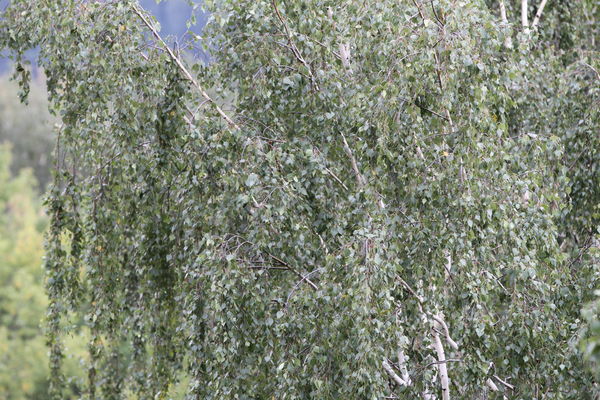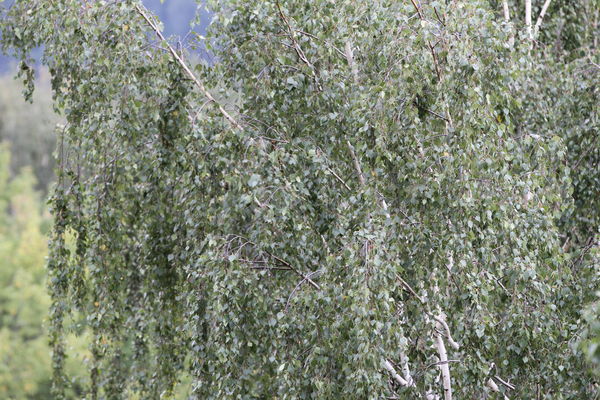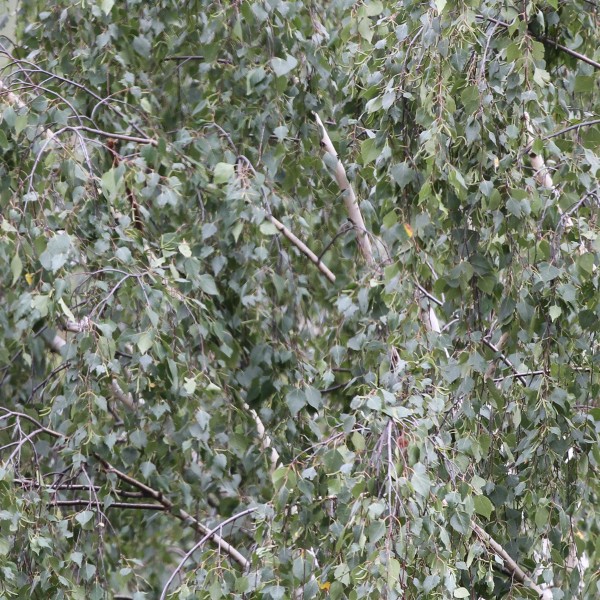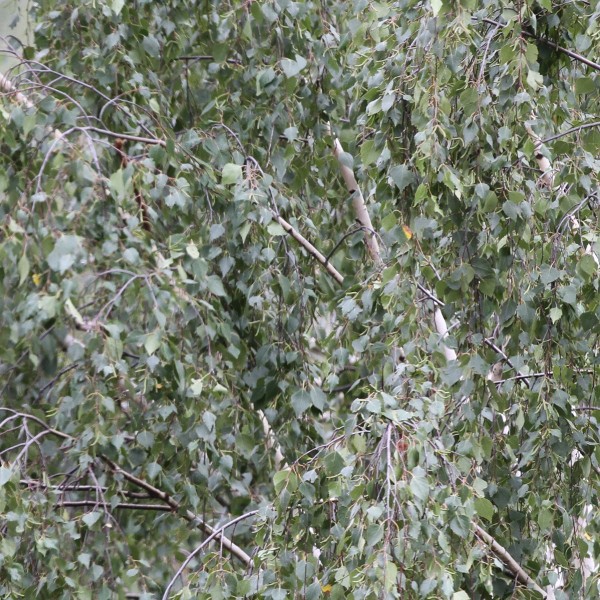Mirror Lockup
Sep 8, 2011 18:41:28 #
I'm new to alot of the DSLR terminology. I have just recently begun using the manual settings so I can get a feel of which ones to use when. (It is a long journey). My question however is: What is mirror lock up and what is/are its benifit(s)?
If it makes a difference I have a Canon XSi.
If it makes a difference I have a Canon XSi.
Sep 8, 2011 19:10:21 #
1) If you need to clean the sensor, that lock up is a big plus, when I say clean, I mean blow the dust off with a rocket blower, DON'T TOUCH IT!!!
2) When doing long exposures, some feel that you may get mirror slap and that could cause your image to look a little blurry.
That really does not apply today with these digital cameras, it did with the old film ones though.
I have an Olympus OM-10 that slaps hard.
The mirror gets lock up out of the way, then the shutter is released.
2) When doing long exposures, some feel that you may get mirror slap and that could cause your image to look a little blurry.
That really does not apply today with these digital cameras, it did with the old film ones though.
I have an Olympus OM-10 that slaps hard.
The mirror gets lock up out of the way, then the shutter is released.
Sep 8, 2011 19:28:10 #
Joso is more or less correct, except for the second statement - mirror slap does still occur with digital cameras, and is especially noticeable at longer exposure times (e.g. > 1/5 second). Mirror lockup, tripod, and remote release as a triumvirate give you the most rock-steady platform.
It simply eliminates one more source of possible degradation of an image.
http://www.cameratechnica.com/2011/04/26/dslr-mirror-lock-up-worth-the-effort-or-not/
It simply eliminates one more source of possible degradation of an image.
http://www.cameratechnica.com/2011/04/26/dslr-mirror-lock-up-worth-the-effort-or-not/
Sep 8, 2011 19:45:38 #
JimH good post, but we are also seeing some movement from the slide of the shutter with this demonstration, now what are we going to do about that??? lol...
Sep 8, 2011 20:20:17 #
With mirror lockup, it's not so much about long shutter speed as it is about long focal length. When you are using a super telephoto lens, even tiniest movements ruin images.
Of course, what's been said about long exposure time is also true. But camera shake caused by the mirror going up (down) happens in under 1/50th of a second. So, arguably, shutter speed of 1/40 would suffer from mirror-movement-induced camera shake just as badly as shutter speed of 1/5.
So when we talk about long exposure, it's not about 1/5. It's about not going below 1/100.
On a practical side though, if you've never noticed any problems with 1/50, 1/30, etc. shutter speeds that could be attributed to this, then welcome to the club.
The longest lens I got is 200mm on a crop sensor. And it shows no sign of image degradation related to me never using mirror lockup.
My guess is, unless you shoot with 400-600mm+ lenses, you don't need to worry about locking up the mirror, even if you set your shutter speed to 30 seconds.
Of course, what's been said about long exposure time is also true. But camera shake caused by the mirror going up (down) happens in under 1/50th of a second. So, arguably, shutter speed of 1/40 would suffer from mirror-movement-induced camera shake just as badly as shutter speed of 1/5.
So when we talk about long exposure, it's not about 1/5. It's about not going below 1/100.
On a practical side though, if you've never noticed any problems with 1/50, 1/30, etc. shutter speeds that could be attributed to this, then welcome to the club.
The longest lens I got is 200mm on a crop sensor. And it shows no sign of image degradation related to me never using mirror lockup.
My guess is, unless you shoot with 400-600mm+ lenses, you don't need to worry about locking up the mirror, even if you set your shutter speed to 30 seconds.
Sep 9, 2011 00:28:22 #
Everything that's been said is true and sometimes I can be too literal but the one thing I didn't see mentioned is that what you are looking for is crisp, critical focus and absolutely no camera shake. If you've never locked up your mirror and then taken the exact same shot without it locked up then you don't know just how sharp your images can be because you have no basis for comparison. Put your camera on a tripod and use a remote shutter release. Do the test and see for yourself rather than trying to reduce it to a mathematical equation. If you want to test out the mathematical aspects then by all means go ahead but the best test is a comparison test. With digital, it costs nothing to put it to a test. Perform tests at several shutter speeds and maybe even different lens with and without the mirror locked up and pull them into your computer where you can really blow them up and examine the crispness of the edges of your images. Make notes and use them in the future to maximize the crispness of your images. Image stabilization is a marvelous invention but it does not take the place of a tripod, cable release, and mirror lockup when it comes to crisp pictures. By doing the test, at least you'll know for yourself what your equipment is capable of. If that's too much trouble then you probably aren't all that serious about getting the best images you can with the equipment you have. That's okay too. Do what makes you happy.
Sep 9, 2011 04:53:08 #
Quote:
If you've never locked up your mirror and then taken the exact same shot without it locked up then you don't know just how sharp your images can be because you have no basis for comparison. Put your camera on a tripod and use a remote shutter release. Do the test and see for yourself rather than trying to reduce it to a mathematical equation.
That's a good point. I've never actually tested it. Simply decided that my pictures are good enough without locking up the mirror.
Sep 9, 2011 05:16:52 #
Just took two shots with a 7D on a tripod with a remote shutter. The lens used is Canon 70-200 mark II, IS is off.
Set to 200mm. In both cases, the settings are: f/4.0, 1/250sec, ISO 250. (I wish I set the ISO to a whole value, but I left it on auto ISO and don't feel like redoing the shots.) Set the auto focus before shooting, focued, then switched to manual to maintain focusing settings for both shots. Exposed to the middle, so the overall IQ is mediocre, but I guess that's not the point of this exercise.
Can you guess which one was taken with a mirror lockup and which one was taken without it?
Set to 200mm. In both cases, the settings are: f/4.0, 1/250sec, ISO 250. (I wish I set the ISO to a whole value, but I left it on auto ISO and don't feel like redoing the shots.) Set the auto focus before shooting, focued, then switched to manual to maintain focusing settings for both shots. Exposed to the middle, so the overall IQ is mediocre, but I guess that's not the point of this exercise.
Can you guess which one was taken with a mirror lockup and which one was taken without it?


Sep 9, 2011 05:23:58 #
Sep 9, 2011 06:38:41 #
You want to test the difference that mirror lock up can make then test it on an extream close-up, the difference can be very pronounced. I wondered for a long time how some people made such crisp and clear close-ups and macro shots until someone on flickr who was known for his tack sharp, clean, and clear macro shots mentioned that he wouldn't even think of shooting without it.
Evan
Evan
Sep 9, 2011 07:31:27 #
Despite the UH file degradation, I can see a difference. In your first set, the top shot looks sharper. In the bottom set of them cropped, the bottom one looks sharper. I see a difference along the edge of the white branch in the upper-center left of the main image.
(I'm not sure where that 1/5th second in my post came from- I might have been distracted and typing with only 1/5th of my brain.. )
(I'm not sure where that 1/5th second in my post came from- I might have been distracted and typing with only 1/5th of my brain.. )
Sep 9, 2011 07:50:36 #
photocat
Loc: Atlanta, Ga
This is a technique I use often, especially with exposures for hdr, in fact i also a use a wireless remote so i don't have to even touch the camera after setting the AEB function.
As gessman is suggesting there is a great payoff with mirror lock up, it all depends on just what the subject matter is about and the photographers skill and vision.
Test for yourself.
As gessman is suggesting there is a great payoff with mirror lock up, it all depends on just what the subject matter is about and the photographers skill and vision.
Test for yourself.
Sep 9, 2011 07:52:10 #
Quote:
You want to test the difference that mirror lock up can make then test it on an extream close-up, the difference can be very pronounced.
I don't doubt that mirror lockup is a useful feature for specialty applications. Otherwise, the manufactures wouldn't carry it as there would be no demand.
But for daily shooting, I don't think it makes much difference.
Quote:
Despite the UH file degradation, I can see a difference.
The top image was shot without mirror lockup. The bottom was shot with lockup enabled.
I purposefully took a shot of a tree and not some chart on the wall. Mirror shock exists, but it's negligible when taking ordinary pictures of ordinary subjects/objects.
Sep 9, 2011 08:05:04 #
KG wrote:
The top image was shot without mirror lockup. The bottom was shot with lockup enabled.
I purposefully took a shot of a tree and not some chart on the wall. Mirror shock exists, but it's negligible when taking ordinary pictures of ordinary subjects/objects.
The top image was shot without mirror lockup. The bottom was shot with lockup enabled.
I purposefully took a shot of a tree and not some chart on the wall. Mirror shock exists, but it's negligible when taking ordinary pictures of ordinary subjects/objects.
Interesting - my eyes saw the opposite. In any case...
The report I linked to also noted that SHUTTER PRESS sometimes was as bad, or worse, than MIRROR SLAP when it came to camera shake, so the ham-handed among us might rely on a remote release as well.
Do what you like. :thumbup:
Sep 9, 2011 08:08:34 #
Vince
Loc: Manakin-Sabot,VA
I also am fairly new to digital photography and have read that when using a tripod one should turn the image stabilization OFF as it too can degrade image quality.
If you want to reply, then register here. Registration is free and your account is created instantly, so you can post right away.






